Early in the morning, the check-in area of Viet Duc Friendship Hospital was packed with people.
Mr. T., 58 years old, Hai Duong, tightly held a bunch of crumpled papers and a health insurance card, his eyes showing impatience.
His niece was transferred from Hai Duong to Hanoi for treatment. “She has insurance but still has to pay an advance payment of nearly ten million VND. These past few days, I have had to run around in my hometown to get the hospital fees in time,” Mr. T. sighed.
Not far away, Ms. L., 42 years old, living in Thai Binh , was holding her baby while struggling to find her lost insurance card in an old, worn bag.
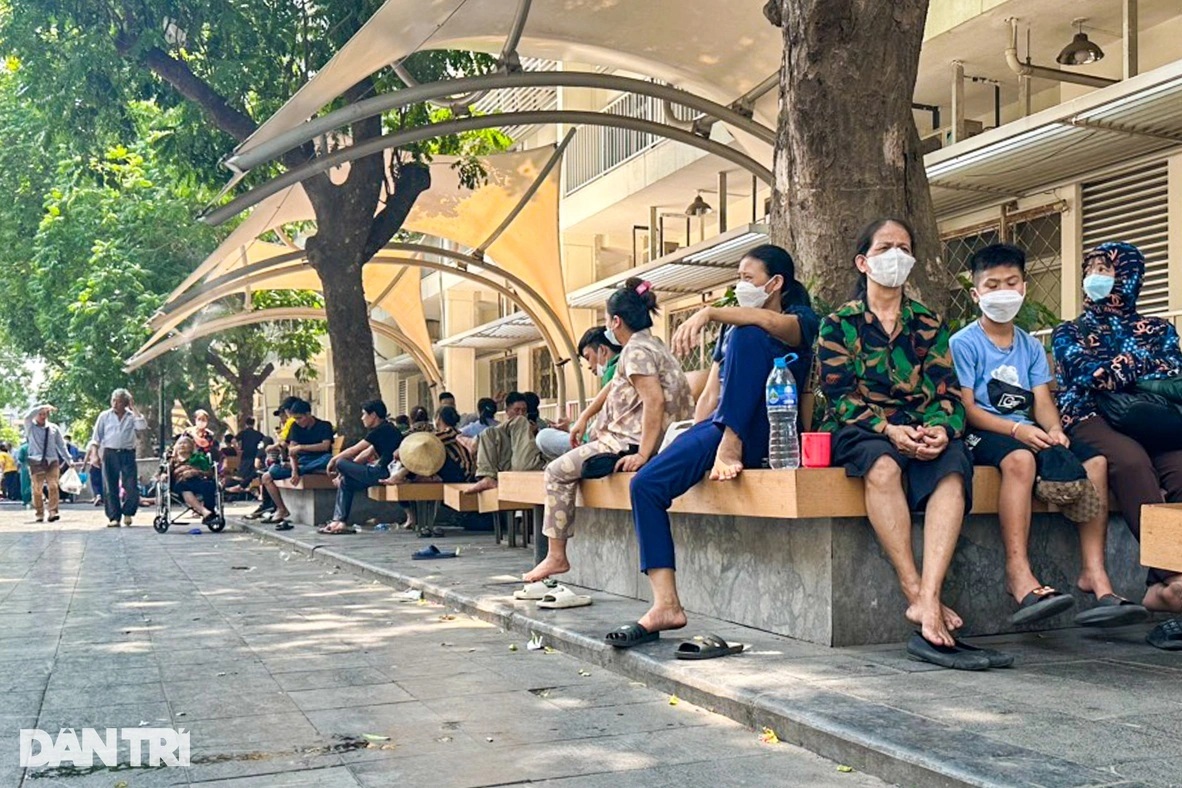
Relatives of a patient at a tertiary hospital (Photo: Nguyen Hai).
From remote rural areas, they and thousands of others flock to central hospitals with one common denominator: struggling with procedures and burdened with hospital fees.
Just a short time after the Politburo decided to exempt all tuition fees for public students from kindergarten to high school nationwide, the people received a historic policy when General Secretary To Lam mentioned moving towards exempting hospital fees for all people.
This is indeed a strong commitment of Vietnam to the implementation of sustainable development goals and when this policy is realized, it will be a decision of great significance in ensuring access to essential health services for all people.
To achieve the goal of universal health insurance coverage, more than 93% of the population now has health insurance. Health insurance has been helping to significantly share the financial burden caused by illness for beneficiaries.
However, there is still a great deal of financial pressure on families with seriously ill members. From the sharing of those involved, we can clearly feel the significance of the policy of free hospitalisation for all people.
While taking care of family members, I also had to arrange for the advance payment.
Having just taken his son who had fallen off his motorbike to the Emergency Department at a tertiary hospital and finished the initial procedures, Mr. LVH, 45 years old, quickly took out his phone and called his wife to urge her to arrange for hospital fees at home.
“We are farmers, so we don’t have any money. My nephew is quite seriously ill, and even though he has insurance, we still have to pay a large amount of money in advance. My wife is rushing to gather money from relatives in the countryside to send up,” he said worriedly.
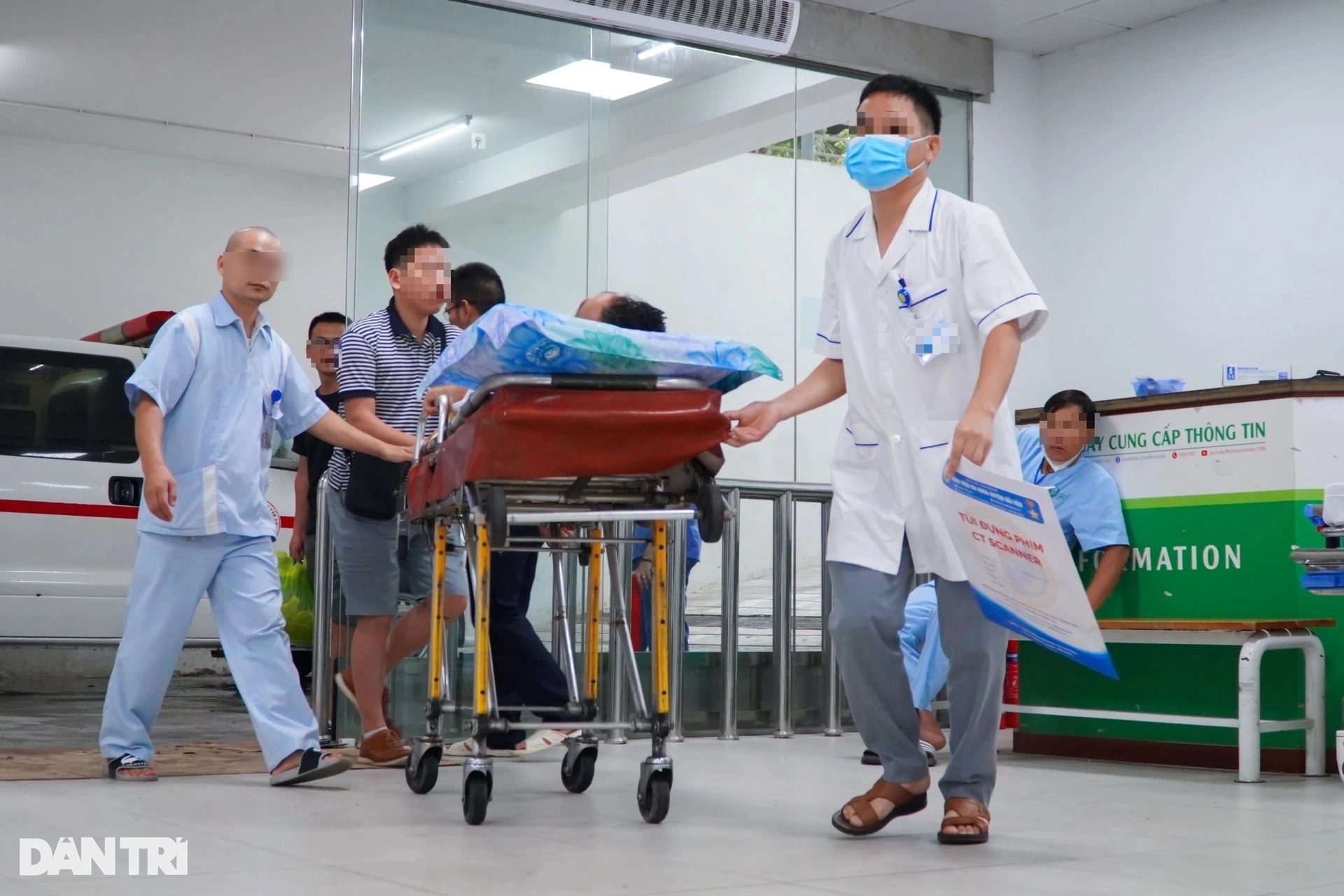
Taking family members to the hospital while also managing hospital fees creates a double burden (Illustration: Doan Thuy).
At Bach Mai Hospital, Mr. D., living in My Dinh (Hanoi), took his 83-year-old father for surgery because of prostate enlargement. The old man was just hospitalized after many examinations and monitoring.
“I had to pay 20 million VND as soon as I was admitted to the hospital. Every day in the hospital is a huge expense.
After the examination, if the results are not available, we have to take him home and wait until the results are available before we can go through the official hospital admission procedures. Luckily, my house is in Hanoi, so I can still manage to travel, but for those from the provinces, each trip costs more money for transportation, food and accommodation, and then I lose a day of work," Mr. D. shared.
Advance payment has recently become the focus of controversy in the "full payment before emergency treatment" incident that occurred at Nam Dinh General Hospital.
According to current regulations, before being officially admitted to the hospital, even with health insurance, patients must make an advance payment for the estimated hospital fee for the treatment period. This advance payment is to ensure the initial operating costs for the hospital, and at the same time prevent the case of the patient abandoning treatment or not being able to pay after being discharged from the hospital.
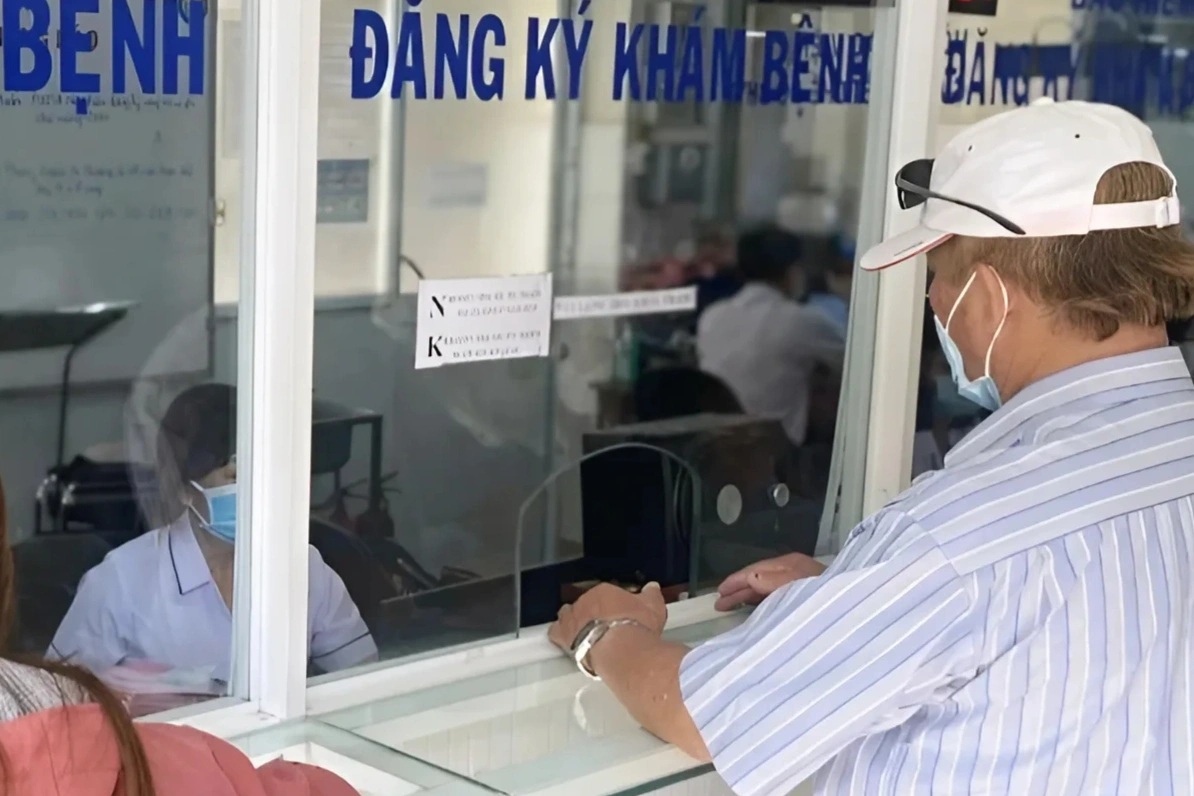
According to current regulations, before being officially hospitalized, even with health insurance, patients must pay an advance for the estimated hospital fee for the treatment period (Illustration: Contributor).
However, for severe cases, the advance payment can range from several million to several tens of millions of VND - a large sum for many low-income families.
In the rush to get a loved one to the hospital, having to simultaneously arrange for the advance payment becomes a double burden.
According to the actual records of Dan Tri newspaper reporters, many relatives of patients commented that the policy of exempting hospital fees for all people, if the issue of advance payment can be resolved, will help share a huge burden.
The Burden of Insurance Gaps
Not only stopping at the initial advance payment, the treatment journey also entails costs that are not covered by health insurance, steadily eroding the patient's and family's wallets.

Expenses not covered by insurance also create a burden for patients (Illustration: Contributor).
Sitting on a stone bench in the courtyard of Viet Duc Friendship Hospital, Mr. NVT (53 years old, Kim Son, Ninh Binh) quietly waited for the results of the re-examination of his pituitary tumor. He had surgery for this disease a few years ago, but now the tumor has recurred, forcing him to be hospitalized again for treatment.
“Each surgery costs more than a hundred million. Even with health insurance, it only covers part of the cost,” Mr. T. sighed. “When I go to the hospital, I have to have my children with me, and they all work. Since yesterday, my son has had to take two days off work to take me to the hospital.”
At K Hospital – Quan Su facility, Ms. L., 53 years old, from Tuyen Quang, is waiting for a car to pick her up after a day of radiation therapy for stage 3 breast cancer. Every 21 days, she goes to Hanoi for treatment, a journey that has been repeated regularly for the past several months.
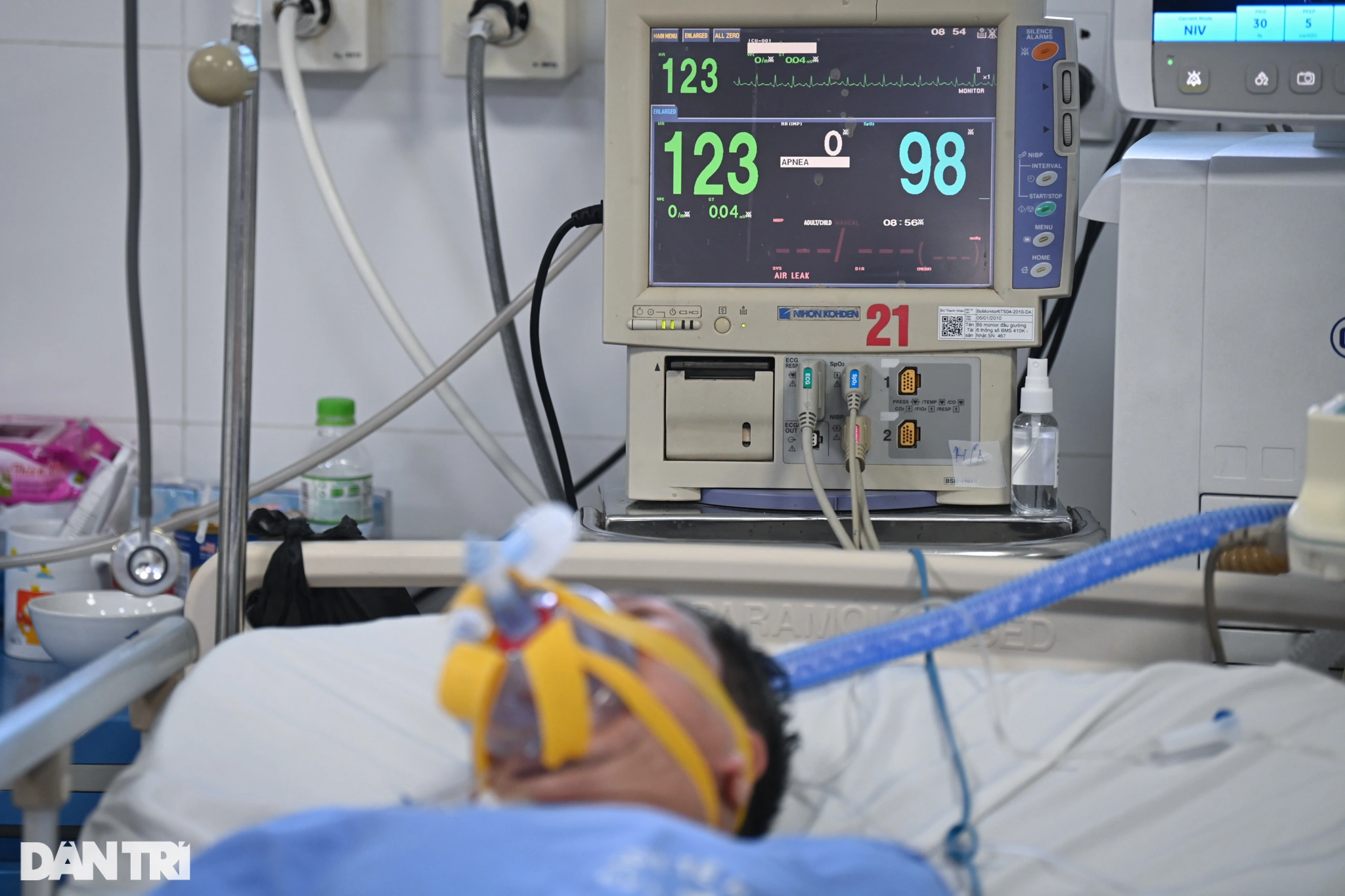
Seriously ill patients carry heavy hospital bills with their entire families (Illustration: Manh Quan).
"Every 10 trips costs about 6 million VND in transportation fees, not to mention food and hospital fees," said Ms. L.
Initially, Ms. L. was treated at the provincial hospital, but when her illness became serious, her family decided to apply for treatment at the central hospital. However, the procedure was not simple.
“If you don’t have the papers, it’s considered going out of line, and the insurance only covers a small part. If you have the papers, you’ll get 50% support, like each radiation treatment cost 30 million VND, now you only have to pay 15 million VND, but getting the papers is also very cumbersome,” Ms. L. confided.
Working as a farmer in the countryside, money is mainly saved and borrowed for medical treatment. Ms. L. shared: “If hospital fees are exempted in the future, it will be a great concern of the State for the people. I hope that along with the exemption of hospital fees, there will be a reduction in hospital procedures, so that elderly people like us can easily manage.”
At noon at Bach Mai Hospital, K., an 11th grader from Hai Phong, sat alone on a stone bench, waiting for her mother to complete the admission procedures for her father, who has chronic hepatitis B. She said her father had been hospitalized since before Tet, receiving treatment for many months but his illness had not improved.
“My father has been treated by his family since the discovery, and it has cost him more than a hundred million, but he still hasn’t fully recovered. He is weak and can’t work anymore.
Being sick is so hard. Every day the room and service fees are tens of millions. My dad had to transfer hospitals several times, and each time he had to redo the paperwork,” K. shared.
He added: "Just hoping that in the near future hospital fees will be exempted or at least health insurance coverage will increase, that would be exciting."
Why do people still have to pay a lot even though they have health insurance cards? The reason is clear: the scope of payment cannot cover some special drugs, supplies, high-tech services, hospital beds on demand; co-payment regulations.

The public health system lacks medicine and supplies at certain times, and the quality of medical examination and treatment is uneven, leading to people accepting "going out of line" and spending money to "buy peace of mind".
And with about 6 million people still without health insurance cards, the pressure on hospital fees is even more severe.
At Viet Duc Friendship Hospital, Mr. Q., 30 years old, from Quang Ninh, is taking care of his uncle - a construction worker who had a serious work accident while working in Hanoi.
While moving between floors on the freight elevator, the elevator suddenly lost power, his uncle fell from the 4th floor to the ground, suffering serious injuries. He was admitted to the hospital at noon on May 27, and at 9:00 p.m. the same day, the patient underwent surgery. The doctor said the possibility of paralysis was very high, and further monitoring was needed after surgery.
“My uncle’s health insurance just expired, and before he could renew it, he had an accident, so now he has to pay all the expenses himself. The surgery cost 70 million VND, and each day he stays in the hospital costs a few million more,” he shared.
Unprepared for the incident, his family now has to cope day by day.
Feeling the weight of hospital fees, Mr. Q. expressed his belief in the policy of free hospital fees for all people: "I have high expectations for this policy. The General Secretary said he would do it. If determined, people will definitely benefit from this policy."
The man also expressed that the most important thing is that policies are implemented synchronously and transparently.
The Ministry of Health said it is studying amendments to the Law on Health Insurance to realize two key goals: organizing periodic health check-ups at least once a year for all people and moving towards free hospital fees nationwide.
This is a challenging step but in line with international trends.
Currently, only about 15 to 25 countries in the world, mainly in Northern Europe, are implementing a comprehensive free health care policy. Meanwhile, according to international organizations, Vietnam's per capita income (adjusted for purchasing power parity) is still in the lower middle group, ranked from 85 to 95 globally.
Just organizing free annual health check-ups for nearly 100 million people requires a budget of about 25,000 billion VND per year, equivalent to nearly 1 billion USD.
Source: https://dantri.com.vn/suc-khoe/mien-vien-phi-mong-moi-xoa-ganh-nang-tien-tam-ung-va-khoang-trong-bao-hiem-20250602141514972.htm








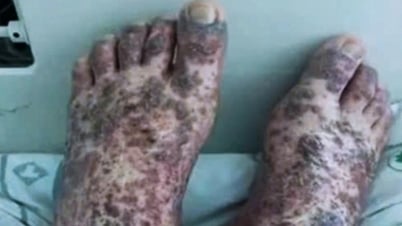
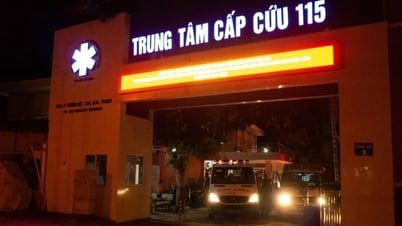
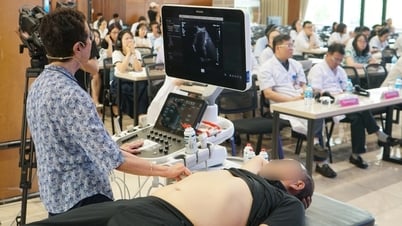
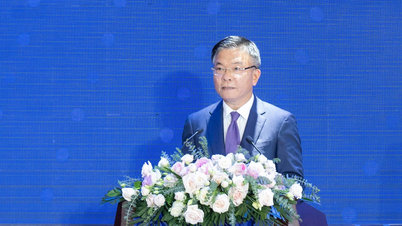

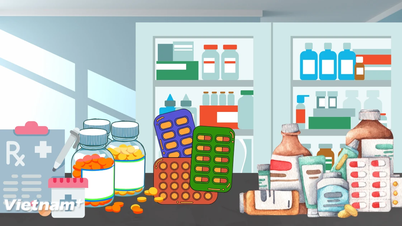





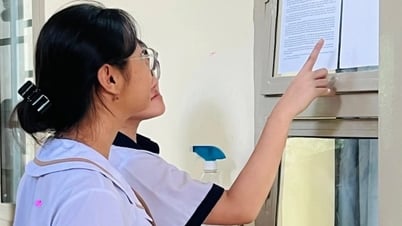


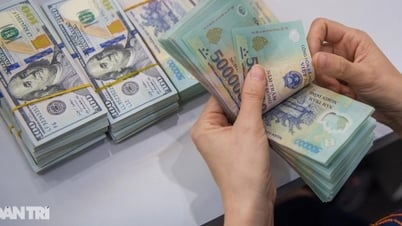














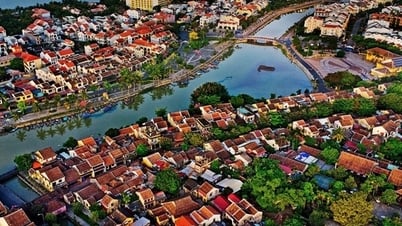




















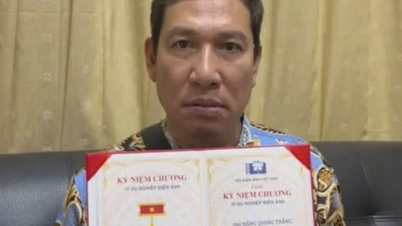


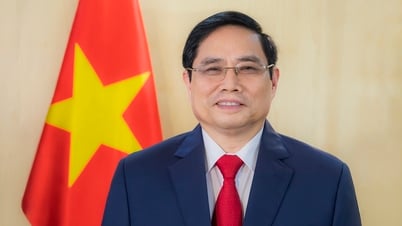


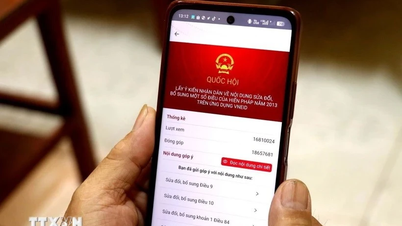












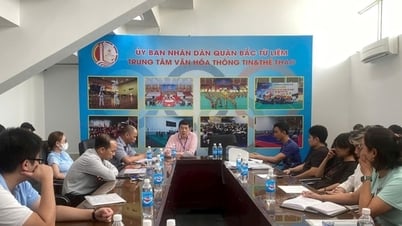







![[OCOP REVIEW] Tu Duyen Syrup - The essence of herbs from the mountains and forests of Nhu Thanh](https://vphoto.vietnam.vn/thumb/402x226/vietnam/resource/IMAGE/2025/6/5/58ca32fce4ec44039e444fbfae7e75ec)








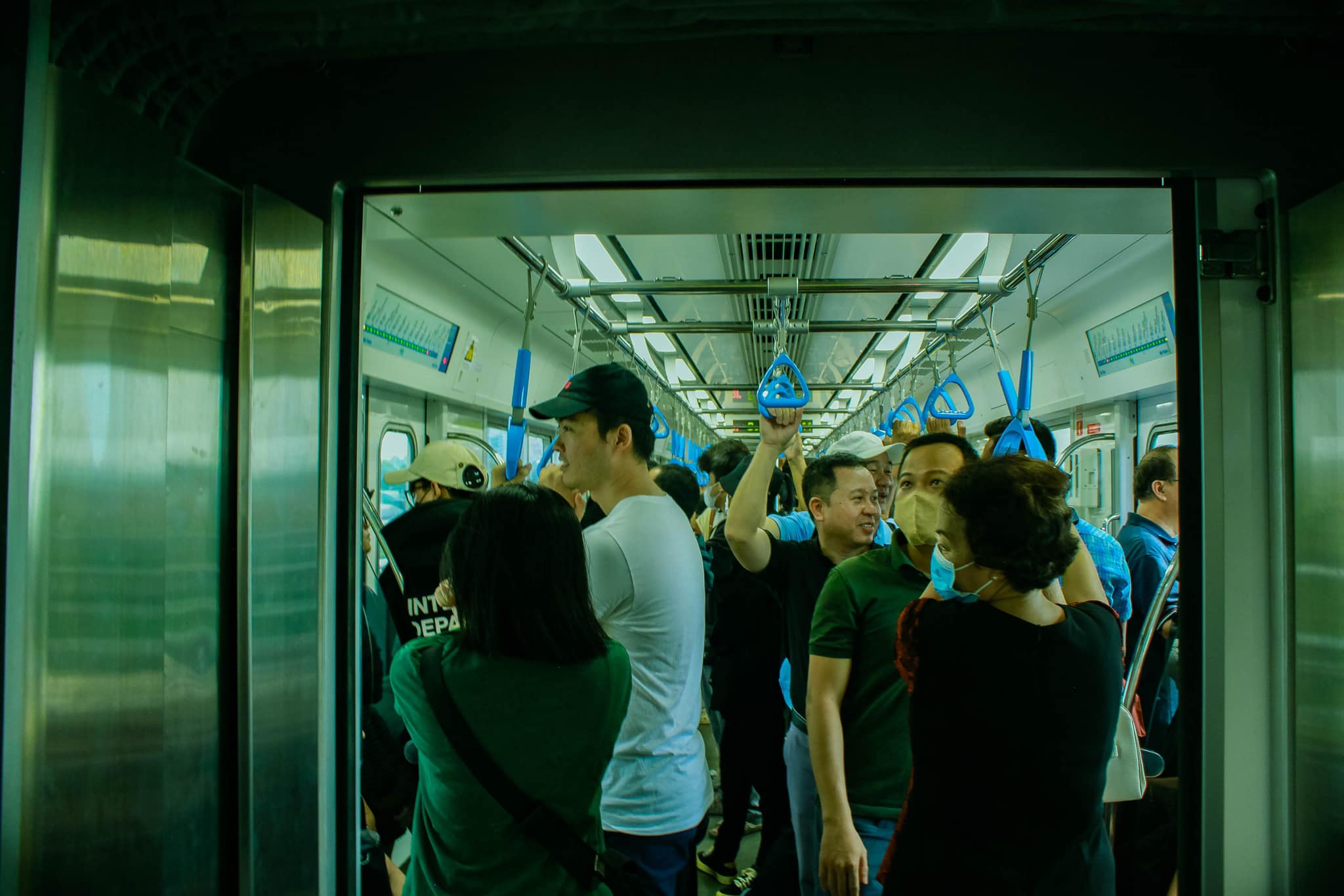

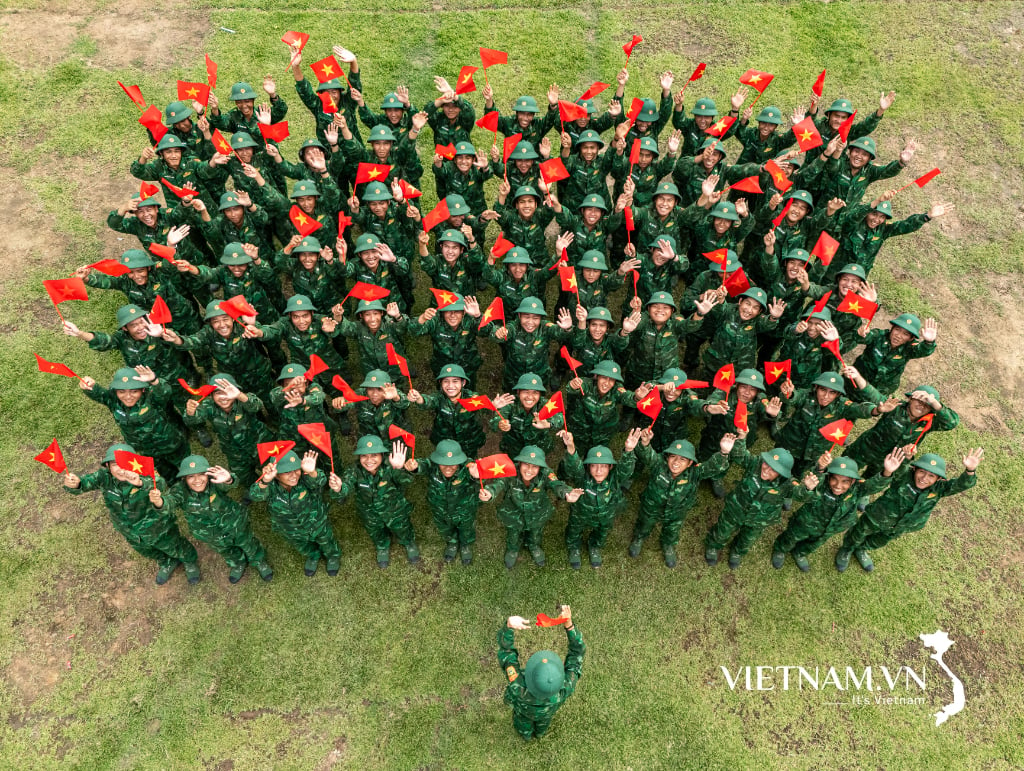

Comment (0)